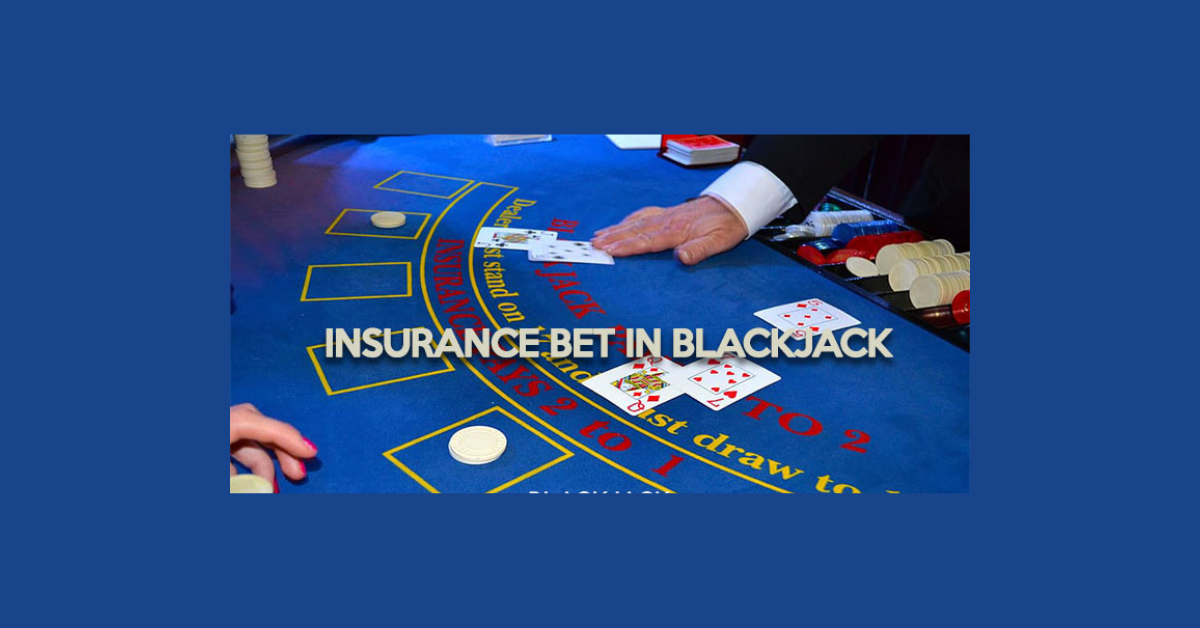Understanding Insurance Bets in Blackjack
Insurance bets in Blackjack are a popular side bet option offered to players when the dealer’s face-up card is an Ace. In this scenario, players have the opportunity to wager half of their original bet to protect against the possibility of the dealer having a Blackjack. If the dealer indeed has a Blackjack, the insurance bet pays out at a ratio of 2:1, effectively covering the player’s initial bet.
Many players are drawn to the allure of insurance bets due to the perceived sense of security they offer. It may seem like a logical choice to safeguard your bet when the dealer has an Ace showing. However, it’s essential to understand the odds and potential outcomes associated with insurance bets to make an informed decision during gameplay.
How Does an Insurance Bet Work in Blackjack?
In blackjack, when the dealer’s upcard is an ace, players have the option to make an insurance bet. This side bet is typically offered when the dealer has the potential for a natural blackjack, and it pays 2:1 if the dealer indeed has a blackjack.
To place an insurance bet, players can wager up to half of their original bet on the insurance line. If the dealer ends up having a blackjack, the insurance bet is paid out at 2:1, effectively helping players mitigate their losses for that hand. However, if the dealer does not have a blackjack, the insurance bet is lost, but players can still continue playing the original hand as usual.
When Should You Consider Taking Insurance in Blackjack?
Insurance bets in blackjack can be an intriguing option for players, but it’s important to understand when it could be worthwhile. Typically, insurance bets are offered to players when the dealer’s upcard is an Ace. In this scenario, taking insurance can seem like a tempting choice to protect against the possibility of the dealer having a blackjack. However, it’s crucial to consider the odds and potential impact on your overall strategy before making this decision.
One key factor to consider when deciding whether to take insurance in blackjack is the true likelihood of the dealer having a blackjack. While the payout may seem attractive, the odds are against you in the long run. Statistically, the chances of the dealer having a 10-value card in the hole to complete a blackjack are about 30%, making insurance bets a relatively risky move. It’s essential for players to weigh the potential gains against the probability of losing more money over time before opting for insurance bets in blackjack.
What Are the Odds of Winning an Insurance Bet in Blackjack?
In blackjack, the insurance bet is essentially a side bet that a dealer has a natural blackjack when their upcard is an Ace. If the dealer does have a natural blackjack, the insurance bet pays out at odds of 2:1. However, if the dealer does not have a natural blackjack, the insurance bet is lost, and the main bet continues as normal. This means that the odds of winning an insurance bet in blackjack are directly tied to the likelihood of the dealer having a natural blackjack.
The odds of winning an insurance bet in blackjack are not favorable for players in the long run. Statistically, the dealer will have a natural blackjack roughly 30.8% of the time, based on the standard six-deck shoe. This means that for every 13 insurance bets placed, the dealer is expected to have a blackjack about 4 times, resulting in wins for the player on those occasions.
Do Professional Blackjack Players Use Insurance Bets?
Professional blackjack players often have a nuanced approach when it comes to utilizing insurance bets during their gameplay. While some players may opt to strategically use insurance bets as part of their overall blackjack strategy, others may choose to avoid them entirely. The decision to use insurance bets ultimately depends on the player’s individual playing style, risk tolerance, and understanding of the game’s probabilities.
In the world of professional blackjack, the consensus on insurance bets is varied. Some players believe that incorporating insurance bets into their strategy can help mitigate potential losses in certain scenarios, while others argue that the odds are not favorable enough to warrant the additional risk. Ultimately, the choice to use insurance bets in blackjack comes down to personal preference and the player’s evaluation of the game dynamics at hand.















